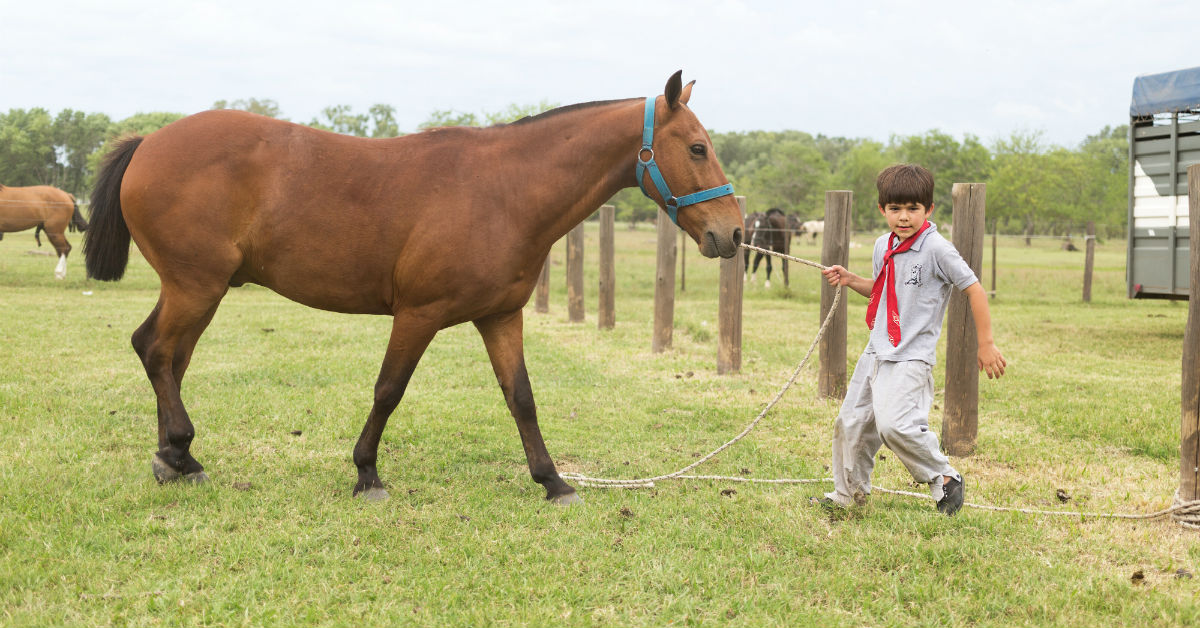Perhaps you’re considering sending your son to a boys ranch, or maybe you’ve already decided. You might wonder what he will be doing while he’s there. Nearly all of the activities are planned so that your son can maximize his time spent on the ranch. Read on for more information about these activities and how they can benefit him.
Ranch Activities
Like most therapeutic boarding schools, your son will be involved in school and counseling. But unlike those same boarding school, at a boys’ ranch, he will experience a wider range of different activities:
- Daily chores – Let’s face it; life on a ranch involves numerous chores and lots of hard work. The responsibility of the chores instills discipline and a solid work ethic in your son, which will benefit his future employment for years to come. Typical tasks include food and meal preparation and the related clean up, work projects, upkeep of their living quarters and laundry. They can earn “Ranch Dollars” to buy privileges or other items at the store on the grounds. In addition, they receive bonuses if they work with others, which teaches them proper money management skills and team effort. As they progress through the program and advance in responsibilities, they will begin mentoring new boys who come to the ranch. In addition, they will start working with the cows and take on additional leadership roles.
- Working with the horses – The animals depend on the boys to feed them and to care for their basic needs. Equine therapy includes learning sensitivity to the animals and how to respond to them. He will also begin to understand how his moods affect the horses and can learn to control and adjust his emotions accordingly. In order to accomplish this, the ranch will match boys with a compatible horse, which he will handle for eight to 10 months. During that time, he will learn about patience, persistence, respect, mutual trust between him and his animal, effective communication skills and how to overcome fear. Although the horses communicate clearly with the teens, the adolescents need to be sensitive to them and respond accordingly. In turn, the animals will develop a loyal and trusting relationship with the young people.
- Round-ups – In addition to daily chores, the ranch conducts round-ups twice annually, which involves the branding of 300 young steers. Preparing for the branding includes combing the surrounding area for a week before the actual day of branding. Cleaning, organizing and planning are all an integral part of getting ready for this focal event at the ranch. Spectators travel from far and wide to watch the proceedings. The atmosphere is full of expectation and anticipation.
- Various sports – In addition to riding horses, your son will have the opportunity to participate in different types of recreational activities, such as calisthenics, basketball and football.











0 Comments